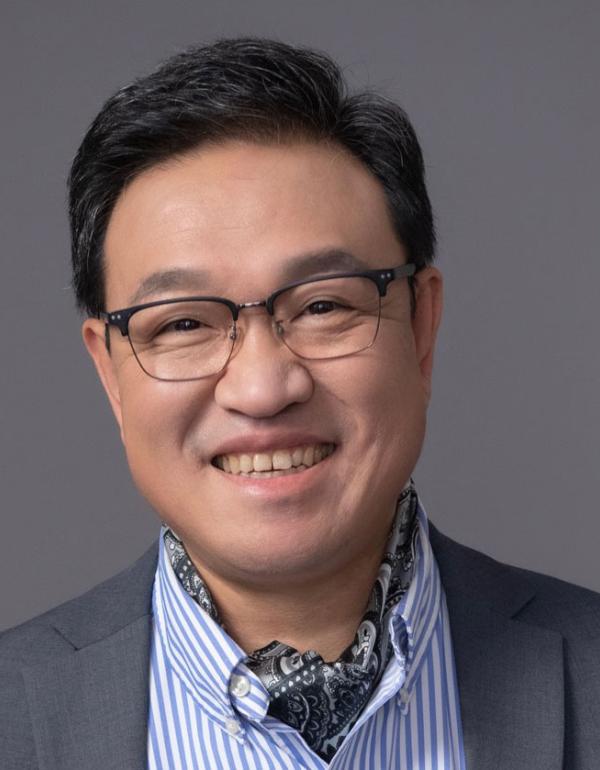
Contact Info
Xiaodong (Mike) Shi
Professor & Director of the Chemistry Graduate Program
Education
- 1990 – 1994 B.S. Chemistry, Nankai University.
- 1994 – 1997 M.S. Chemistry, Nankai University
- 1998 – 2002 Ph.D. Organic Chemistry, University of Maryland with Prof. Jeffery Davis.
- 2002 – 2005 Postdoc Bioorganic Chemistry and Organometallic Chemistry, University of California Berkeley with Prof. Paul Bartlett and Dean Toste.
Professional Experience
- 2005 – 2015, Department of Chemistry, West Virginia University
- 2015 – 2023, Department of Chemistry, University of South Florida
- 2023 – present, University of Maryland, College Park. Currently Professor of Chemistry
Research Interests
The Shi group is interested in Organic chemistry and Organometallic chemistry with an emphasis on new methodology development for complex molecular skeleton synthesis. One particular focus in the group is the application of 1,2,3-triazole as ligand in tuning transition metal reactivity to achieve challenging transformations. The research group has strong interest in utilizing these new methods and new catalysts in biomedicinal and material research fields for important applications.
Recognitions and Honors
- 2017 CAPA (Chinese American Professor Association) Distinguished Faculty Award (2017)
- 2009 NSF Career award
- 2009 and 2011 Outstanding Faculty Award, Department of Chemistry, West Virginia University
- 2002 Outstanding Research Assistant Awards from University of Maryland
Students Mentored
The Shi group has mentored undergraduate (>50), graduate (20 PhD and 6 MS), and postdoctoral (19) students including a number (23) from groups under-represented in science. Most have pursued scientific careers in academics, industry, or government.
Methodology Development
Attracted by the unique properties of 1,2,3-triazole, our group developed a series of synthetic and functionalization methods of 1,2,3-triazoles. With these practical synthetic methods, we were able to explore several metal complexes utilizing triazole as the ligand, such as Au, Rh, Pd and Ir, which showed different reactivities compared with conventional ligands. We are now focusing on new methodology development based on triazole-metal catalysts and the “why” behind the “how”.Asymmetric Catalysis
Ligand design based on 1,2,3-triazole skeleton for asymmetric catalysis is another interest of our group. Taking advantage of the unique binding properties and easy synthesis of various triazole derivatives, it is promising that we will develop some efficient chiral ligands.New Material Development
Azaborines are interesting new materials since the B-N bond is isoelectronic with a C-C double bond. Based on the excellent stability and chemoselectivity of triazole-gold catalyst, new synthetic method for aza-borane was achieved in our group and will be further developed. By cooperation with Prof. Shengqian Ma, various triazole-based MOF material were synthesized and characterized. Along with that, we will also develop MOF catalysts based on triazole-skeleton.Bioorganic Chemistry
Another inspiring feature of 1,2,3-triazole is the excellent biocompatibility. With that in mind, we developed a series of triazole derivatives and applied them sucessfully as fluorophores or anti-cancer drugs. We are also interested in target-oriented synthesis and application of these molecules in vivo.


